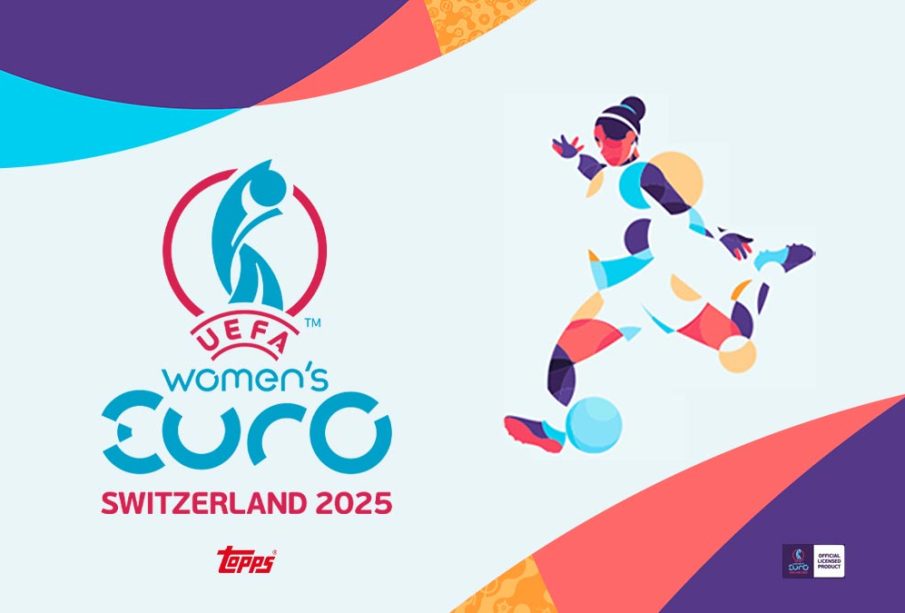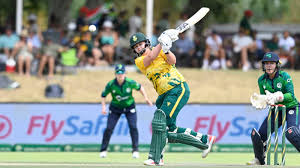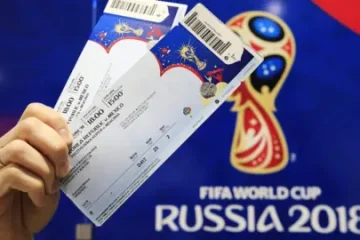Anticipating Women Euro 2025: A Milestone for Women’s Football

Introduction
The UEFA Women’s Euro 2025 is set to take centre stage in the world of football, promising to elevate women’s sports in Europe to unprecedented heights. Scheduled to be hosted by Switzerland, this tournament represents not only a showcase of talent but also a crucial step forward in promoting gender equality in sports. Following the success of previous tournaments, interest in women’s football is at an all-time high, making the upcoming Euro a pivotal event for fans and players alike.
Key Developments Leading to Euro 2025
The decision to host Euro 2025 in Switzerland has generated enthusiasm among local fans and international audiences. As one of the strongest teams in women’s football, Switzerland has the potential to create a vibrant atmosphere that celebrates the sport. The event will feature an expanded format, with 16 teams competing, up from the 12 in previous tournaments, highlighting the growing popularity and competitiveness of women’s football in Europe.
In the lead-up to the tournament, several initiatives are already underway. UEFA has pledged investment in grassroots programmes to enhance the skill levels of young female players, thereby bolstering the future of the sport. Additionally, a comprehensive plan is in place for broadcasting rights, ensuring that matches will be accessible to audiences across Europe and beyond. This attention to broadcasting is further evidence of women’s football moving from the sidelines to mainstream visibility.
The Significance of Women Euro 2025
Women Euro 2025 is more than just a football tournament; it is a celebration of female athleticism, professionalism, and talent. As media coverage expands and professional leagues develop, young girls are increasingly inspired to partake in sports. According to a recent FIFA survey, interest in women’s football has surged by 50% in the last four years, indicating a promising future.
The event also serves as a platform for important discussions regarding sexism and inequality in sports, with many athletes advocating for better resources, salary equity, and promotion of women’s sports. Hosting such a prestigious event provides an opportunity to further these conversations and spark change on a broader scale.
Conclusion
As the countdown to Women Euro 2025 begins, excitement builds not only among players and fans but also within the sports community advocating for equal opportunities. The tournament is seen as a significant milestone for women’s football, with expectations that it will leave a lasting impact long after the final whistle is blown. With a growing fanbase and commitment to development, Women Euro 2025 is poised to be a cornerstone in the legacy of women’s sports in Europe. The world will be watching closely as the best of the best take to the pitch to compete not just for trophies, but for the progress and recognition of female athletes everywhere.









